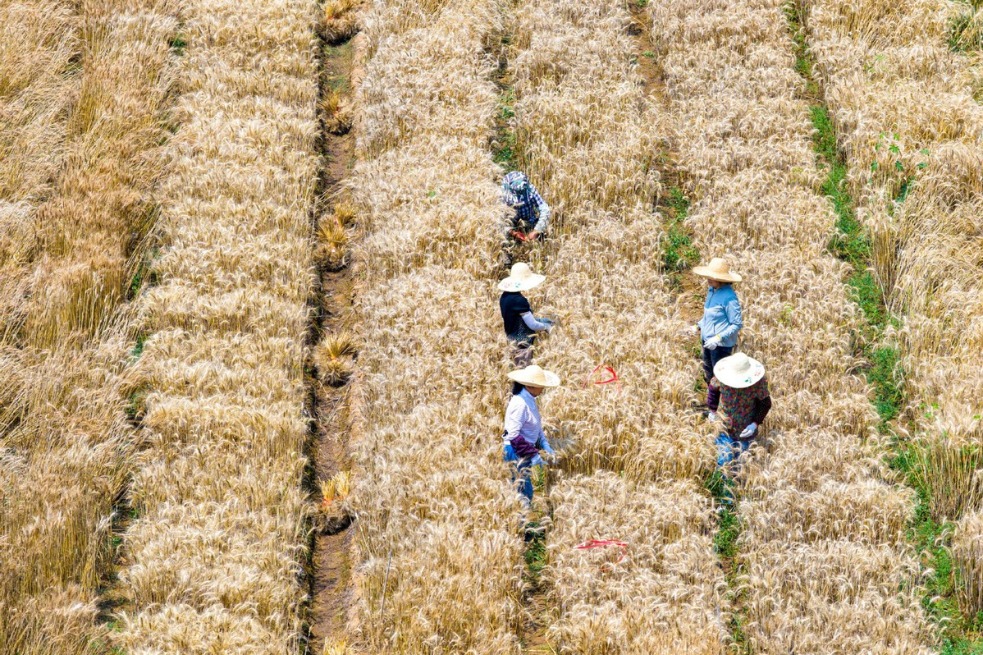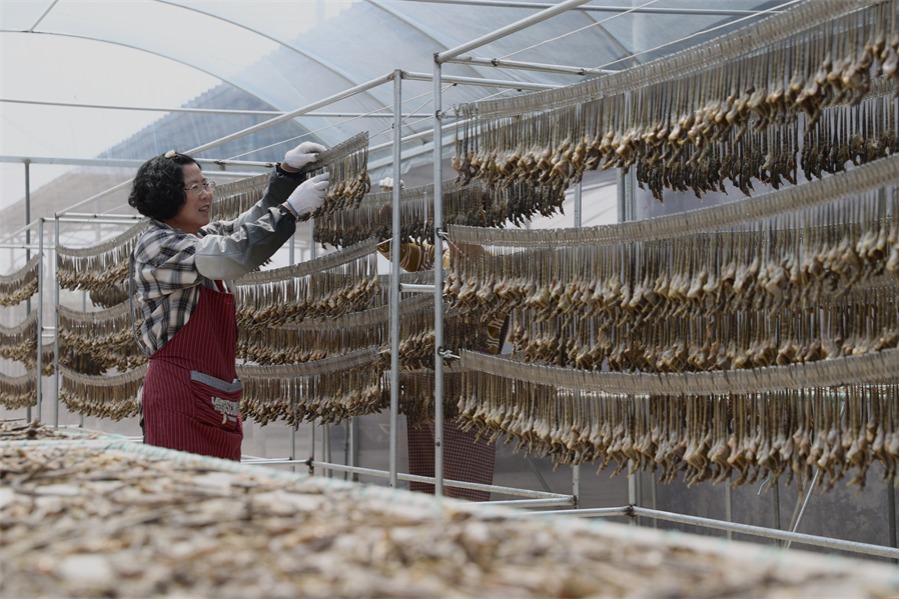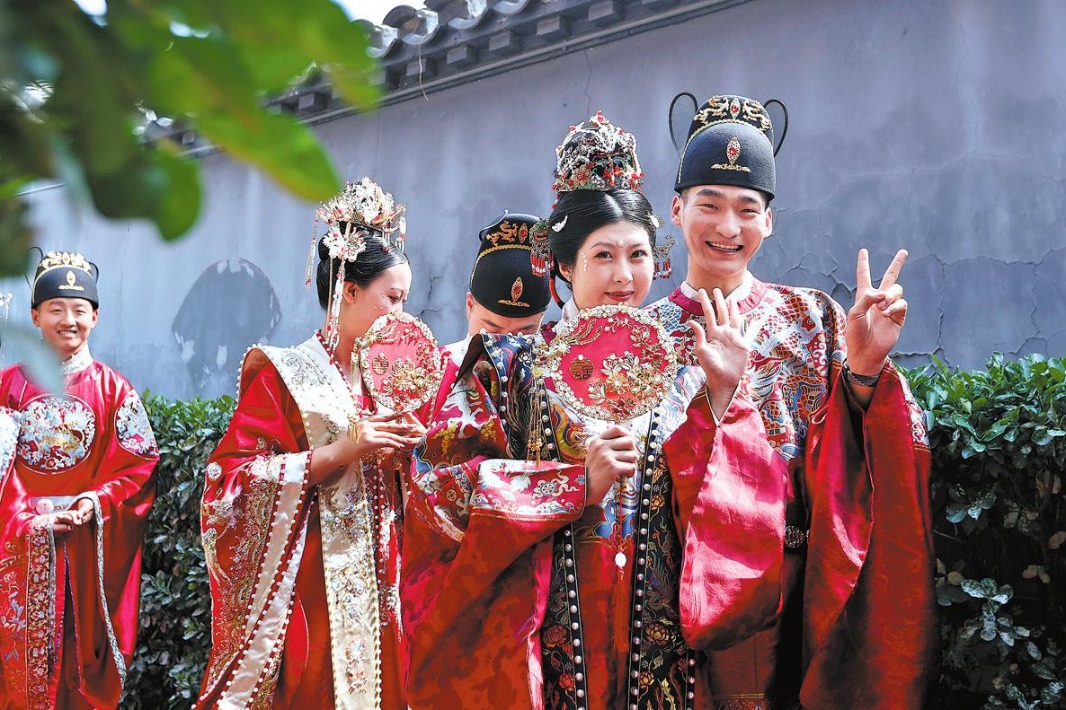Across China: Scientists unveil how rice adapts to cold, supports 200-year-old evolution theory

BEIJING -- Chinese researchers have discovered molecular evidence supporting a long-debated evolutionary theory, showing that rice plants can pass on cold tolerance to their offspring -- a phenomenon aligned with Lamarckism, the 19th-century idea that acquired traits can be inherited.
The study, led by scientists from the Institute of Genetics and Developmental Biology (IGDB) of the Chinese Academy of Sciences and published in the journal Cell, reveals how epigenetic changes enable rice to adapt to colder climates and preserve this adaptation across generations.
To understand how rice evolved as it spread northward into colder regions, scientists exposed cold-sensitive rice plants to cold stress over multiple generations, selectively breeding those that best withstood the low temperatures. This process produced rice lines with stable, heritable cold tolerance that persisted for at least five generations, even after the cold stress was removed.
The key mechanism involves DNA methylation, a chemical modification that regulates gene activity. Cold stress reduced methylation near the ACT1 gene, which plays a crucial role in cold resistance. Using epigenome editing tools, the researchers confirmed that this epigenetic change directly enhances cold tolerance by increasing ACT1 expression under cold conditions.
Further analysis showed that natural rice varieties in China exhibit a clear epigenetic pattern: over 88 percent of southern rice strains, rarely exposed to low-temperature environments, had high methylation levels near ACT1, making them more cold-sensitive. In contrast, northeastern rice, grown in colder regions, predominantly carried low-methylation versions of the gene, linking this epigenetic trait to environmental adaptation.
Beyond confirming a mechanism for Lamarckian inheritance, the research offers practical applications. The team has proposed a new crop-breeding strategy: exposing plants to stress, identifying beneficial epigenetic changes, and then using precision editing to lock in those traits.
This approach could accelerate the development of climate-resilient crops, addressing food security challenges posed by global warming, said Cao Xiaofeng, a professor at the IGDB.
Peer reviewers praised the study for revealing evolutionary mechanisms beyond traditional Darwinian theory, calling it a significant step in understanding how organisms rapidly adapt to changing environments.
- Scientists unveil how rice adapts to cold, supports 200-year-old evolution theory
- Xi sends congratulatory letter to Chinese Young Pioneers national congress
- A Taiwan racer's passion on Taklimakan Rally
- Shanghai Disney Resort strengthens smoking control measures
- Hong Kong, Macao investors encouraged to set up film production firms on Chinese mainland
- Hong Kong aims to become international health, medical innovation hub





































